International Day of Play
An Annual Celebration on June 11
International Day of Play is a global call to recognize play as essential to every child’s growth. At Chicago Children’s Museum, we see every day how play builds confidence, connection, and resilience — skills children need now more than ever. Join us today to celebrate play:
Take 11 minutes to play! Explore At-Home Play ideas here.
Give $11 or more to support playful learning at Chicago Children’s Museum.
Let’s make play possible for every child.
Give Today To Support Play
Donate $11 or more, on or before June 11, for a FREE holographic sticker!
When You Give…
$100… you’re allowing 5 children experiencing food insecurity to attend CCM at a reduced admission rate through the Museums for All program
$70… you’re covering 4 days of sensory materials for our youngest learners in Pritzker Playspace
$50… you’re supplying 1 month of excavating equipment for paleontologists in Dinosaur Expedition
$11… you’re bringing a child's imagination to life as they create new masterpieces every time they visit the Art Studio
Consider growing your gift and amplifying your impact with a recurring monthly donation!
About the Network
The International Day of Play campaign is coordinated by a network of organizations, initiated by the LEGO Group and the LEGO Foundation. The International Day of Play network is driving a global play movement for children everywhere, for generations to come.
The History of International Day of Play
In 2024, International Day of Play was recognized by the United Nations General Assembly for the first year ever on June 11. The International Day of Play network asks adults and decision-makers to:
INVEST in children’s well-being by protecting the right to play.
PROVIDE children with more time and opportunities to play, including in school.
PROTECT the right to play by creating safe and accessible places to play, including for those of us with special needs.
RESPECT our rights to be heard in decisions impacting the right to play.
SUPPORT us in developing social skills through play.


